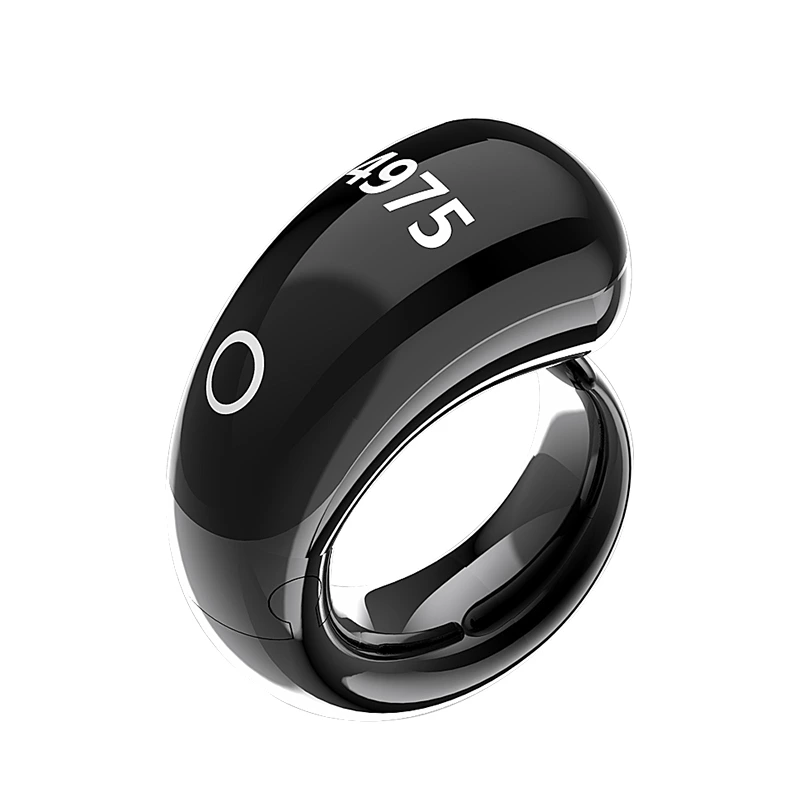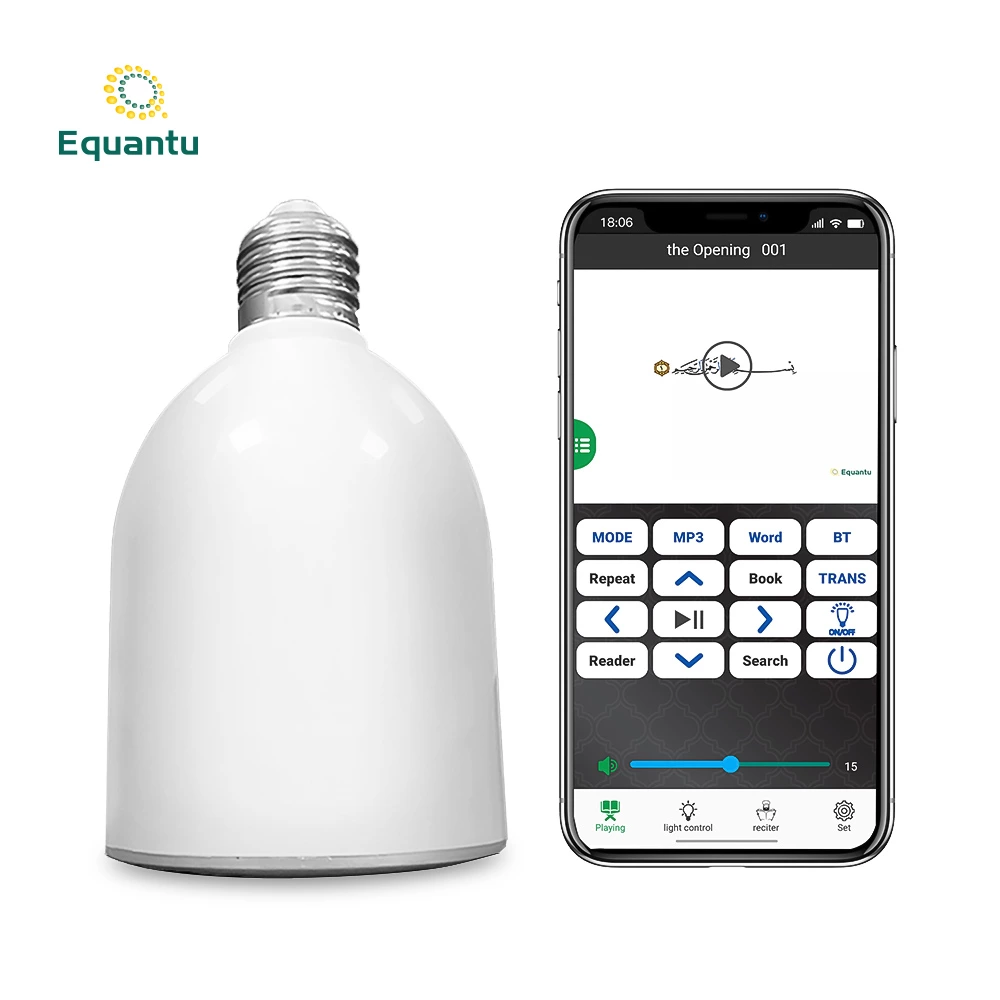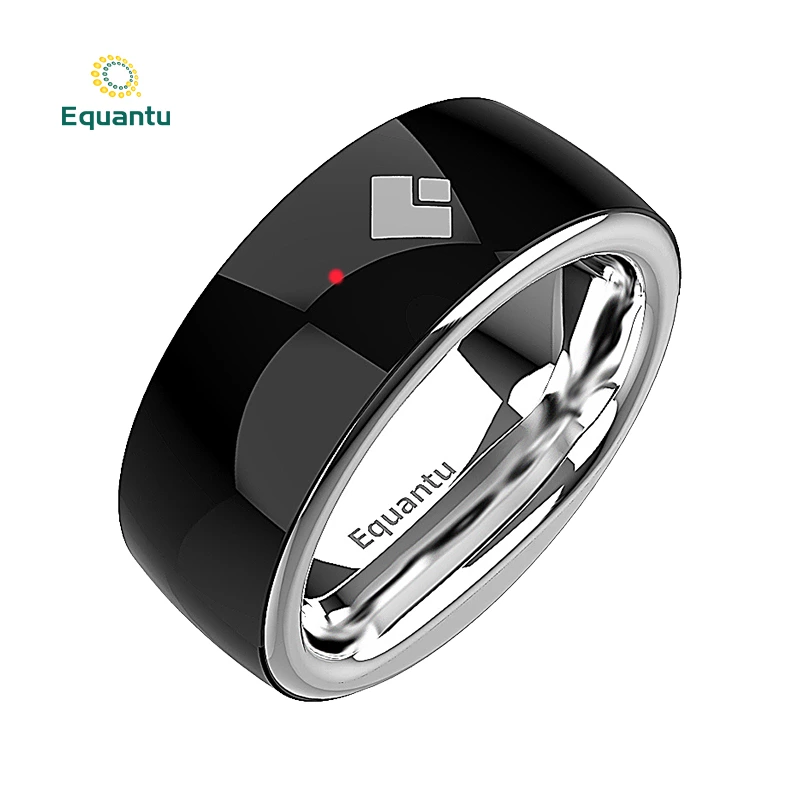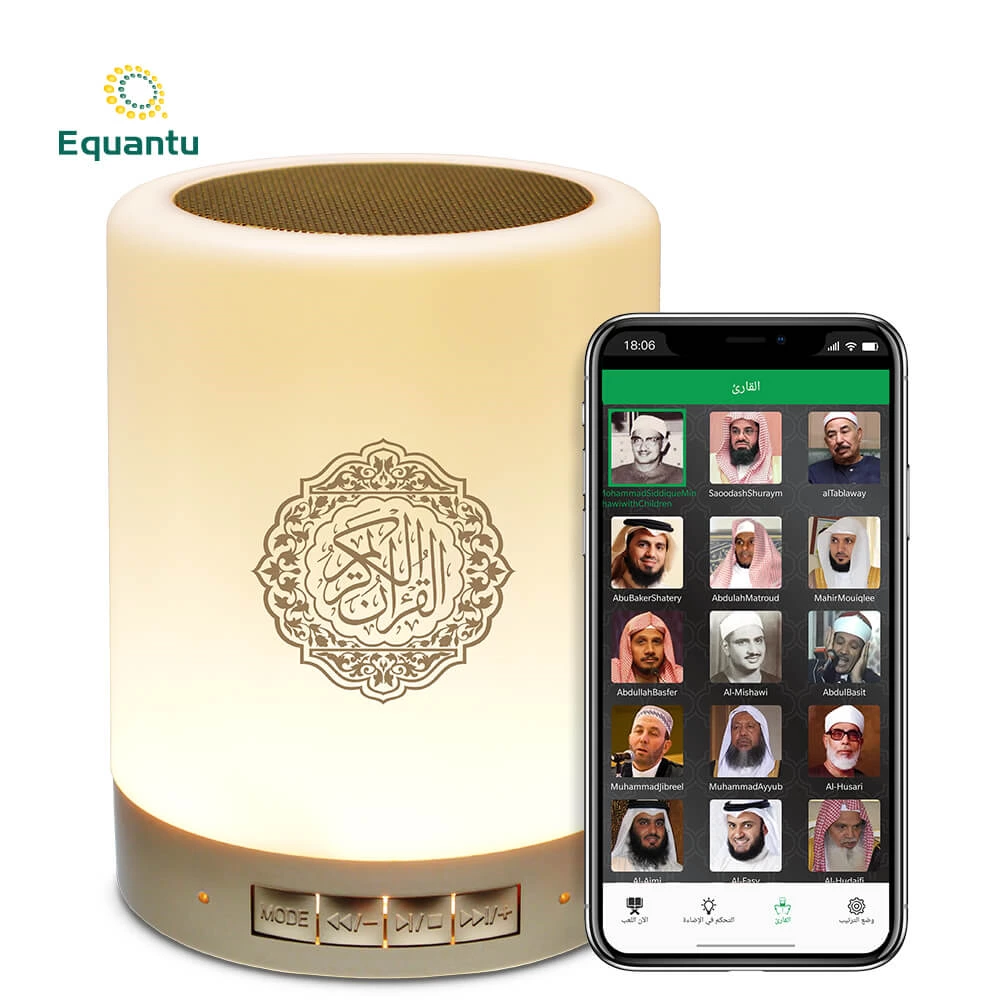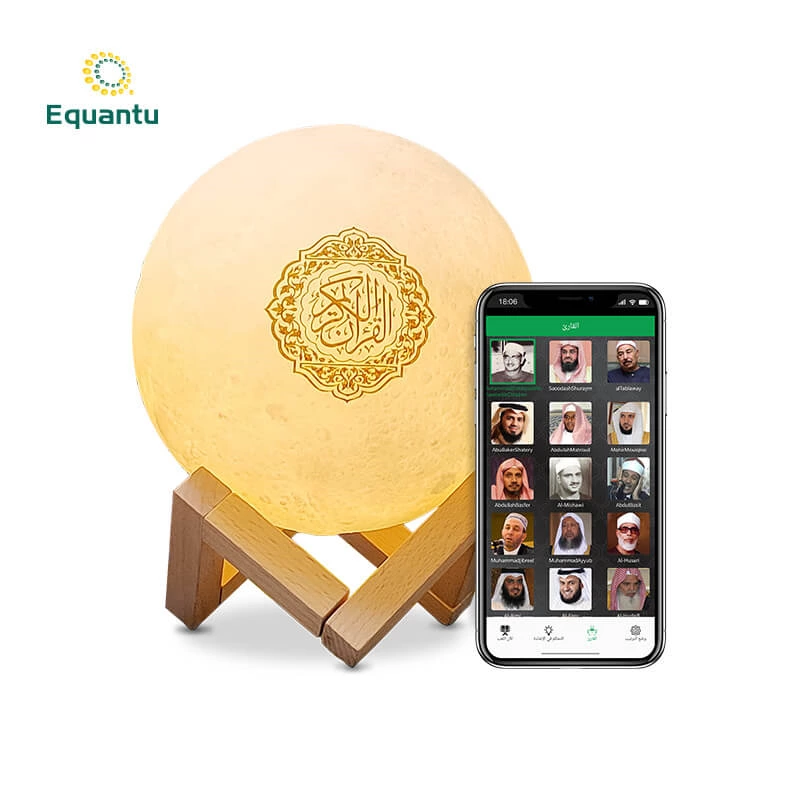Overlooking Debt Settlement
Mistake: Failing to account for outstanding debts and obligations before distributing assets can lead to financial strain on heirs and non-compliance with Islamic principles.
Solution:
- List All Debts: Clearly outline any debts owed by the deceased in the will.
- Prioritize Payment: Ensure that all debts are settled before the distribution of assets to heirs.
- Allocate Funds Appropriately: Designate specific portions of the estate to cover debts, preventing financial burden on beneficiaries.
Inadequate Executor Selection
Mistake: Choosing an executor who lacks reliability, understanding of Islamic principles, or willingness to serve can result in mismanagement and non-compliance with the will.
Solution:
- Select Trustworthy Individuals: Choose someone with integrity and a strong understanding of Islamic inheritance laws.
- Consider Expertise: Appoint an executor who is knowledgeable about both legal and Shariah requirements.
- Ensure Willingness: Confirm that the chosen executor is willing to undertake the responsibilities without conflict of interest.
Ignoring Specific Bequests
Mistake: Not specifying allocations for charitable causes or personal wishes can leave room for disputes and prevent the fulfillment of personal intentions.
Solution:
- Clearly Define Bequests: Allocate up to one-third of the estate for non-heirs or charitable purposes.
- Specify Recipients: Clearly name the beneficiaries and outline the intended use of bequeathed assets.
- Ensure Compliance: Ensure that bequests do not infringe upon the rights of rightful heirs as prescribed by Shariah.
Non-Compliance with Shariah
Mistake: Drafting a will that does not adhere to Islamic inheritance laws can invalidate its effectiveness and lead to disputes among heirs.
Solution:
- Follow Fixed Shares: Ensure that the distribution of assets aligns with the fixed shares prescribed in the Quran and Hadith.
- Consult with Scholars: Seek guidance from knowledgeable Islamic scholars to verify Shariah compliance.
- Use Legal Expertise: Work with lawyers who understand both Islamic and local inheritance laws to draft a compliant will.
Neglecting Guardianship Arrangements
Mistake: Failing to appoint guardians for minor children can lead to uncertainty and conflict, leaving the children without proper care and guidance.
Solution:
- Appoint a Guardian: Clearly designate a trusted individual to care for minor children in the will.
- Define Responsibilities: Outline the guardian's duties and responsibilities in raising the children.
- Ensure Compatibility: Choose a guardian who shares your Islamic values and is committed to providing a supportive environment.
Inadequate Documentation
Mistake: Providing vague or incomplete information about assets, debts, and beneficiaries can result in confusion and legal challenges during the execution of the will.
Solution:
- Provide Detailed Information: Include comprehensive details about all assets, debts, and beneficiaries in the will.
- Avoid Ambiguity: Use clear and precise language to prevent misunderstandings.
- Regular Updates: Periodically review and update the will to reflect changes in personal circumstances or asset distribution.
Integration with Equantu’s Quran Speakers and Zikr Rings
Equantu’s products play a crucial role in avoiding common mistakes in Islamic estate planning by fostering a spiritually mindful and ethically grounded approach:
- Quran Speakers: Placing Quran Speakers in your planning space allows you to listen to Quranic recitations and teachings that emphasize the importance of fairness, justice, and responsibility in estate planning.
- Zikr Rings: Wearing Zikr Rings encourages mindfulness and continuous remembrance of Allah, ensuring that your decisions are made with integrity and adherence to Islamic principles.
Conclusion
Avoiding common mistakes in Islamic estate planning is essential for ensuring that your legacy aligns with Shariah and that your loved ones are provided for justly. By addressing debt settlement, selecting a reliable executor, specifying bequests, ensuring Shariah compliance, appointing guardians for minor children, and maintaining adequate documentation, Muslims can create effective and compliant wills. Equantu’s Quran Speakers and Zikr Rings further support this process by promoting spiritual reflection and mindfulness, helping individuals uphold Islamic values throughout the estate planning journey. Embracing these tools allows Muslims to honor their legacy with integrity and reverence, ensuring that their final wishes are respected and fulfilled according to Islamic principles.


